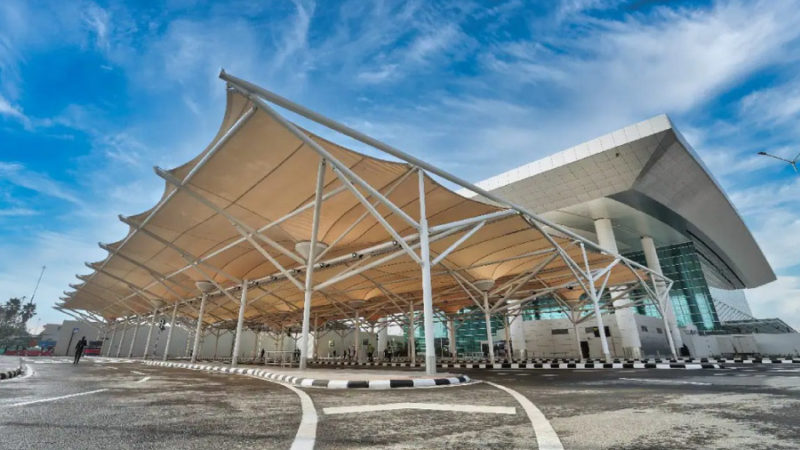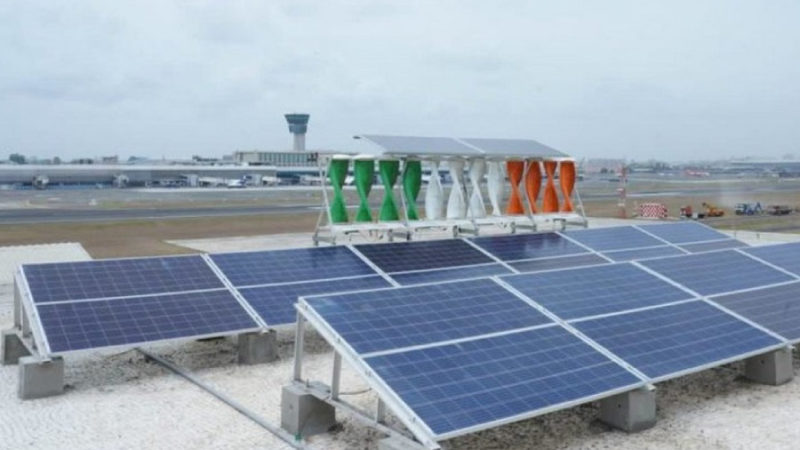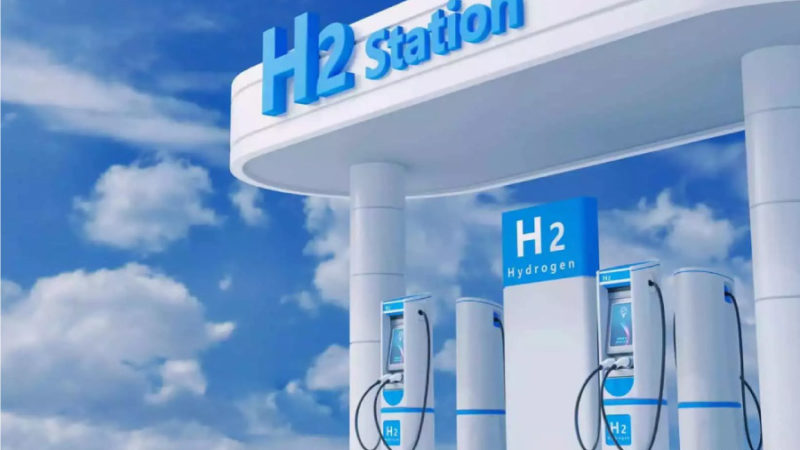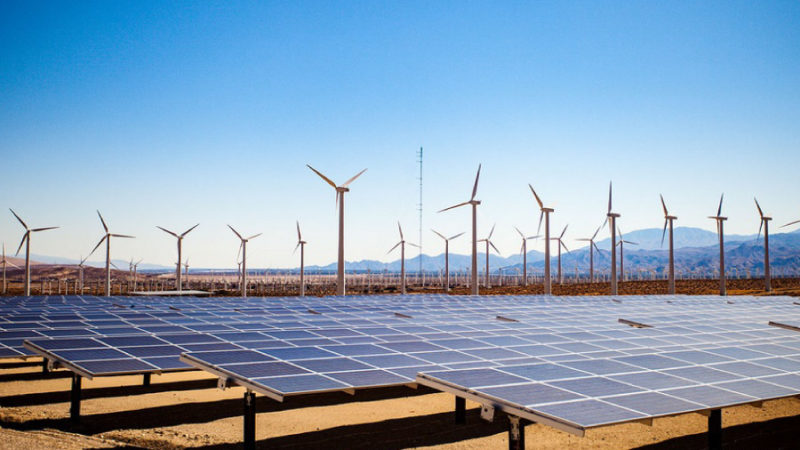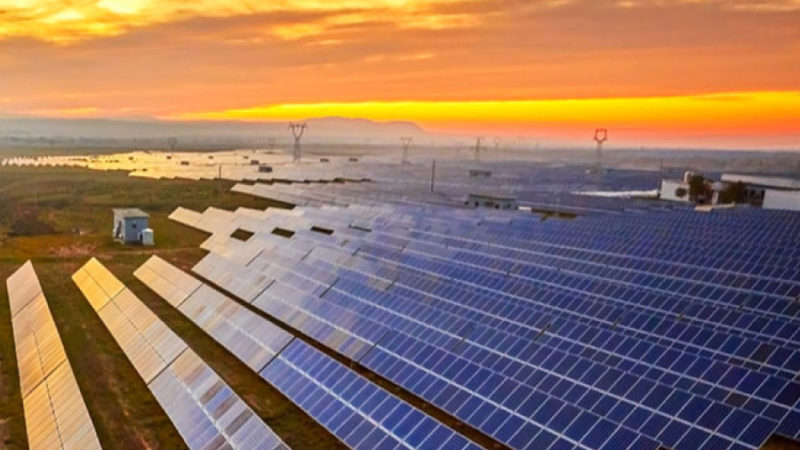PLI scheme will assist in adding 45GW of PV manufacturing capacity: R K Singh
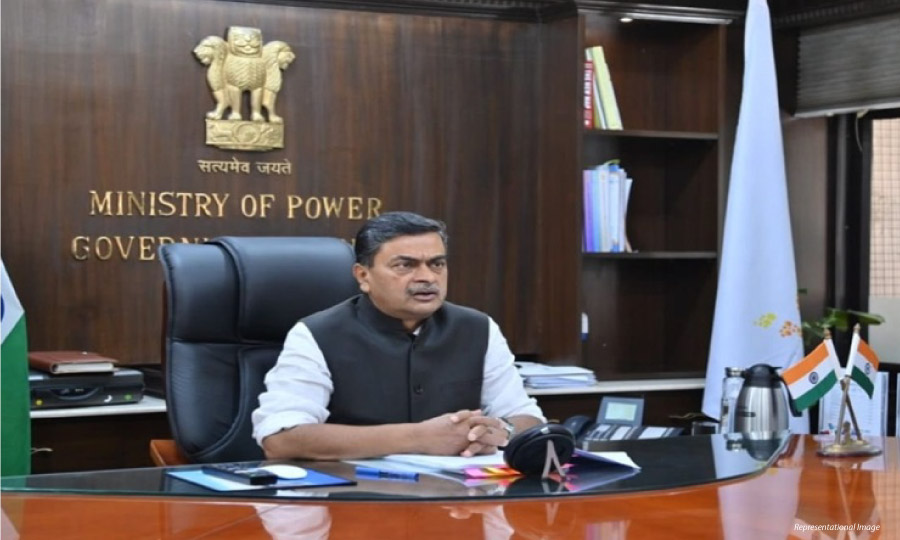
R K Singh was commenting on the announcement of INR 19,500 crores under the PLI scheme for domestic solar cells and module manufacturing by Finance Minister in her budget speech on Tuesday.
According to Union Power Minister RK Singh, the production linked incentive (PLI) scheme for solar cells and modules will help to add 40-45 GW of new capacity to the manufacturing of solar equipment in the country.
In the General Budget presented in Lok Sabha on Tuesday, it was proposed to increase PLI funding for domestic solar cell and module manufacturing to INR 24,000 crore from the existing INR 4,500 crore. Commenting on the scheme Singh said that the scheme will help create production capacity of 40GW-45GW of solar equipment here (in India), from polysilicon to modules.
To facilitate the ambitious goal of 280 GW of installed domestic solar manufacturing capacity by 2030, Finance Minister Nirmala Sitharaman has announced an additional allocation of INR 19,500 crore to the PLI scheme for manufacturing of high efficiency (solar) modules with a priority to fully integrate polysilicon production to solar PV modules.
A production linked incentive (PLI) scheme worth INR 4,500 crore was approved by the Union Cabinet in April 2021 to boost domestic PV module manufacturing. The scheme aimed to increase manufacturing capacity of integrated solar PV modules to 10,000 MW, involving an investment of about INR 17,200 crore.
While replying to the query of increasing import duties on solar modules from 20% to 40%, Singh said, “We will be using make-in-India solar modules so 40 percent customs duty will be imposed from April 1, 2022”. In addition, the budget document also proposes to increase solar cell import duties to 25 per cent from 20 per cent starting April 1, 2022.
Also, the minister said, “governments have provided green bonds for investment in clean energy projects like green hydrogen”. As part of the government’s overall market borrowings in 2022-23, Sitharaman proposes issuing sovereign green bonds to fund green infrastructure. Public sector projects that contribute towards reducing the carbon intensity of the economy will be funded by the proceeds.
Additionally, the minister praised the provision for combining biomass pellets with fuel in thermal power plants. The Finance Minister has mentioned in her speech about co-firing five to seven percent biomass pellets in thermal power plants, which would result in CO2 savings of 38 MMT (million metric tons) annually.
Besides setting up a battery swapping policy, Singh stated that the government will also establish green mobility zones. Such zones could be located in overcrowded areas, he explained.
According to the minister, this budget (presented on Tuesday) contains everything needed for energy transition.
Connect with Power Insight: Facebook | LinkedIn | Twitter



